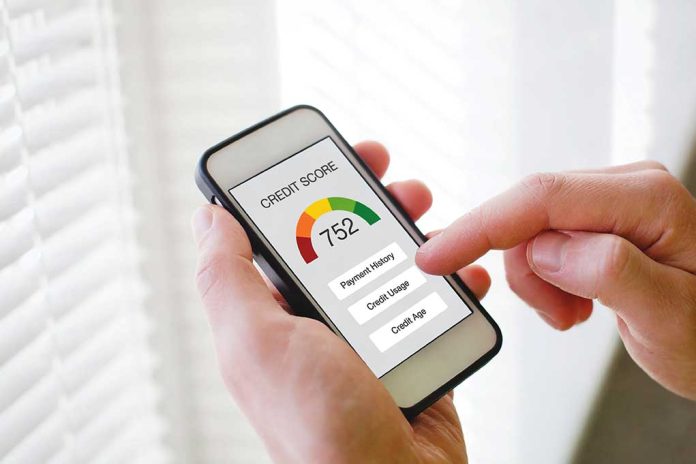
Boost Your Credit Score With These 12 Simple Tricks
(NewsBroadcast.com) – Your credit score is a very important number that ranges from 300 to 850. It determines your risk factor in the eyes of financial institutions and could mean the difference between getting approved for a home or car on your own, or having to provide a co-signer. If your credit score is on the lower side, you can still fix it, you just need to be diligent.
Repairing Your Credit Before You Need It
The time to get started is now. Here are a few steps to get you back on track.
- Review your credit reports from all of the bureaus. Every lender reports to a bureau, but they might not report to the same ones, so it’s important to look over all three — Equifax, Experian and Trans Union — to ensure there are no errors.
- If you find errors, make sure you dispute them as soon as you notice them. It’s easy to do it online. Make sure you have documentation ready to prove your claim that an item is invalid.
- Notice any late payments that shouldn’t be marked late? These can lower your score dramatically as your payment history is a significant factor in determining your rating. Be sure to dispute any you find.
- If you have a valid collections account on your report, but you’ve not heard from a collection agency in a long time, you can likely dispute it right off your report. It doesn’t always work, but it doesn’t hurt to try.
- If you have a high credit card utilization rate, it’s a good idea to lower it as soon as possible. There are two ways to do this — either pay down your balance until you’re at that respectable 30% utilization mark, or ask for a credit increase. If you have a history of paying your cards on time and are a longtime holder, your credit company may increase your credit line at your request.
- Pay down your balances. This means credit cards and loans. It not only helps in the short-term, but the long-term as well. Lowering your balances significantly can boost your score pretty quickly, within a few short months.
- If you only have one or two credit cards, it’s not a bad idea to open up one more account. This will also help decrease your utilization rate, because credit companies look at the balances as a whole, not by individual card.
- Prioritize high-interest balances. Look at your credit card interest rates and target the ones with the higher balances first. This means you’ll pay less out of pocket over time.
- Keep your credit cards. Even if you barely use them, it adds to the length of your credit history, which is another important factor lenders look at when determining your worthiness.
- Pay your bills on time. Every time. Even if you can only afford to make the minimum payment, it’s better than missing a payment. Obviously, you want to pay more when you can, but sometimes, it’s just not possible.
- If your credit score is too low to get any kind of loan or credit card, consider asking a partner family member or a trusted friend to help you. They can co-sign for a loan or add you as an authorized user on one of their credit card accounts. Just be sure to make all payments on time or you’re putting their credit at risk, too.
- Spend responsibly. The general rule is if you can’t pay for it outright, you shouldn’t charge it. However, sometimes emergencies arise, making credit cards a valuable tool to have. Just spend responsibly and you’ll reap the rewards of having them in your wallet.
Whether you’re a novice or an old hat when it comes to credit, there’s always a way to boost your score, should you need to, and it doesn’t have to be a painstaking process if you simply follow the tips outlined above.
Copyright 2022, NewsBroadcast.com














